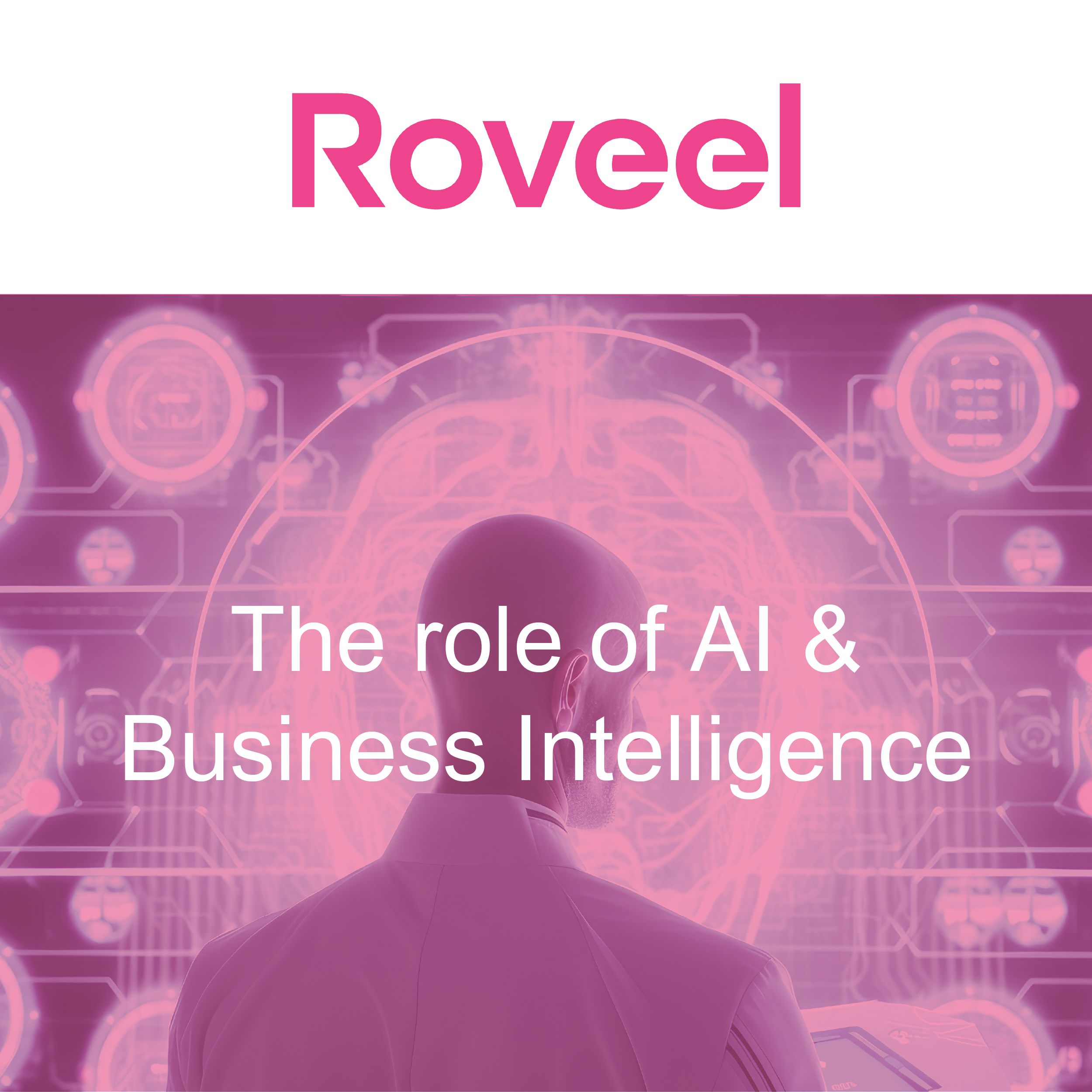
We are certainly on the cusp of a fourth industrial revolution which will change the way in which we all work. Whilst with the past three industrial revolutions, technology changes have been disruptive, they have not been net destroyers of job roles. Does AI promise this?
That’s because the platforms they currently use do not give them all of the capabilities they need to operate an efficient and effective data-driven strategy for evidence-based decision making.
Evidence Based Decision-Making is a process for making decisions that are grounded in the best available research and informed by evidence from the relevant contextual evidence. (https://vetoviolence.cdc.gov/apps/evidence/docs/EBDM_82412.pdf)
Ineffective decision making has significant implications on company productivity. On average, respondents in the cited study spent 37 percent of their time making decisions, and more than half of this time was thought to be spent ineffectively. For managers at an average Fortune 500 company, this could translate into more than 530,000 days of lost working time and roughly $250 million of wasted labour costs per year. (Fortune 500,” Fortune, 2018, fortune.com. “Management occupations,” Occupational Outlook Handbook, US Bureau of Labour Statistics, 2018, bls.gov.)
As the amount of data from business activities increases exponentially and the distinctions between competitors in every industry get smaller, it is critical that SMEs can use their data effectively to gain complete visibility of their businesses and use factual insight to gain a competitive edge.
The problem is… the data you need is either buried, inaccessible or unmanageable.
Manual data reporting is a time consuming and inefficient process. The time and cost resources that come with manually managing data has made complete visibility and evidence-based decision making inaccessible to SMEs.
Huge corporations with larger resources have coped by employing teams of people to extract, format, combine and report on their data. Companies using this model spend most of their time compiling the data rather than actually utilising the potential of that information in their businesses.
This is where data reporting tools come in….

Data reporting tools on top of accountancy packages are a class of software that make complete visibility and evidence-based decision making accessible to smaller businesses. They achieve this by automating the extraction and combining of that data from your accountancy package. It removes the entire data management process, enabling decision-makers to focus on understanding and using their data and its insights rather than managing it.
No longer will firms have to rely upon specialists or external consultants to analyse data to gain a complete confident view of their business. Cloud-based data reporting is opening the doors of evidence-based decision making to all. It is designed to increase the accessibility of those business insights to those CEOs.
Imagine….. as an accountant or financial manager, possessing full visibility of the cash, costs, revenues and profit margins within the business without the need to extract and manually sort in excel.
Imagine….. as a member of the sales team, being able to instantly spot sales and product trends as well as customer spending profiles without the need to look back through long Excel-based product logs.
Instant, easy and accessible data reporting tools for are no longer wishful thinking, they are a necessity… Your business and its competition moves fast, why not extract insights just as fast?
